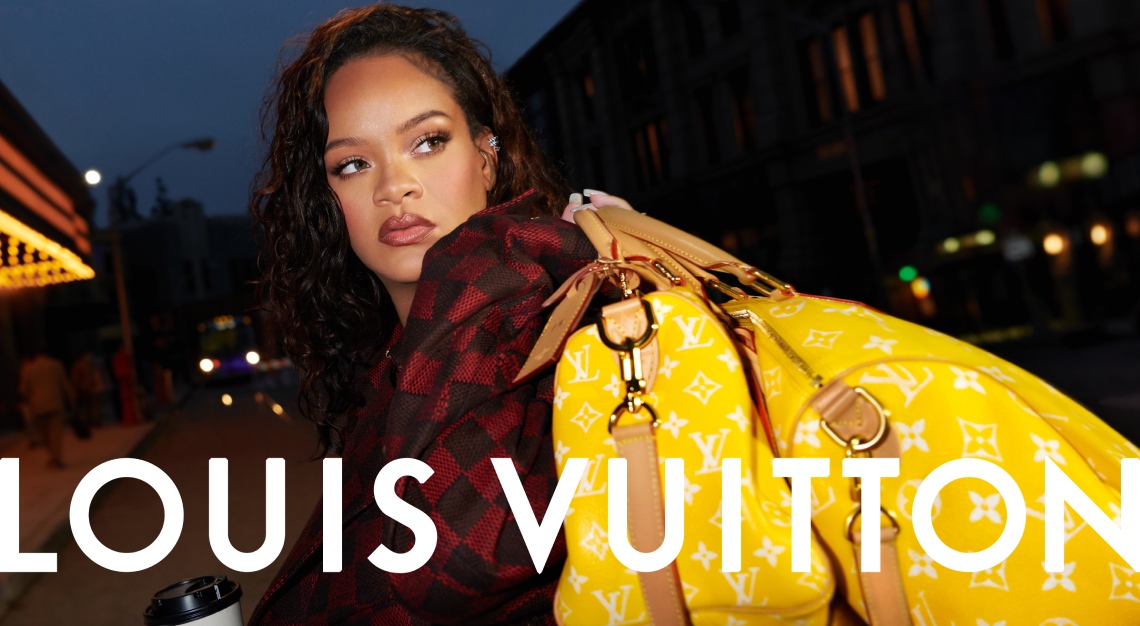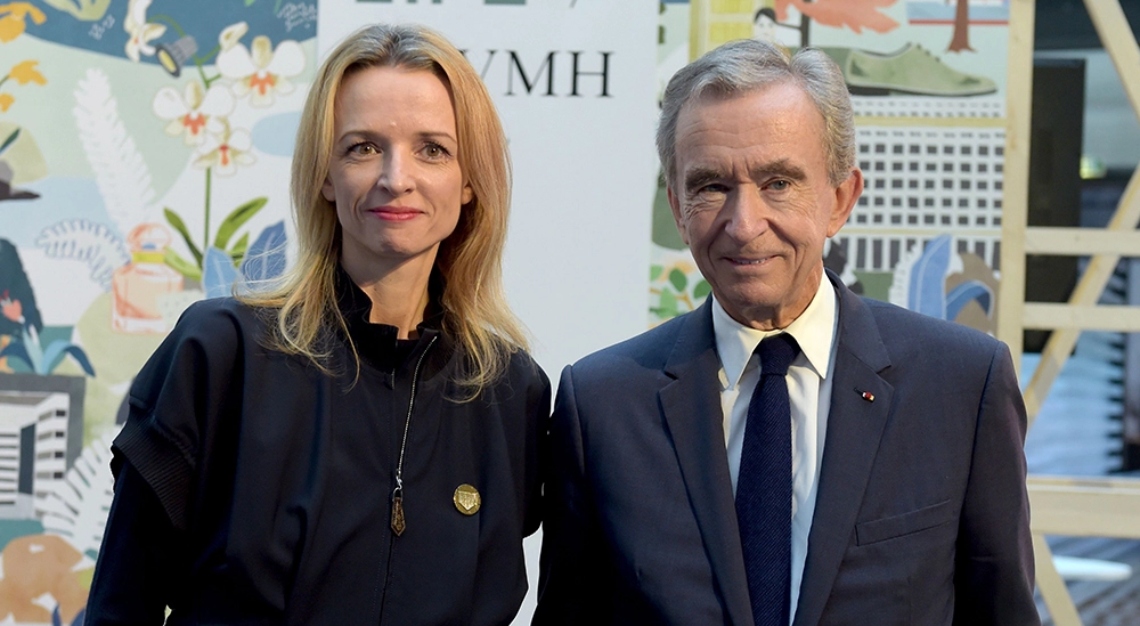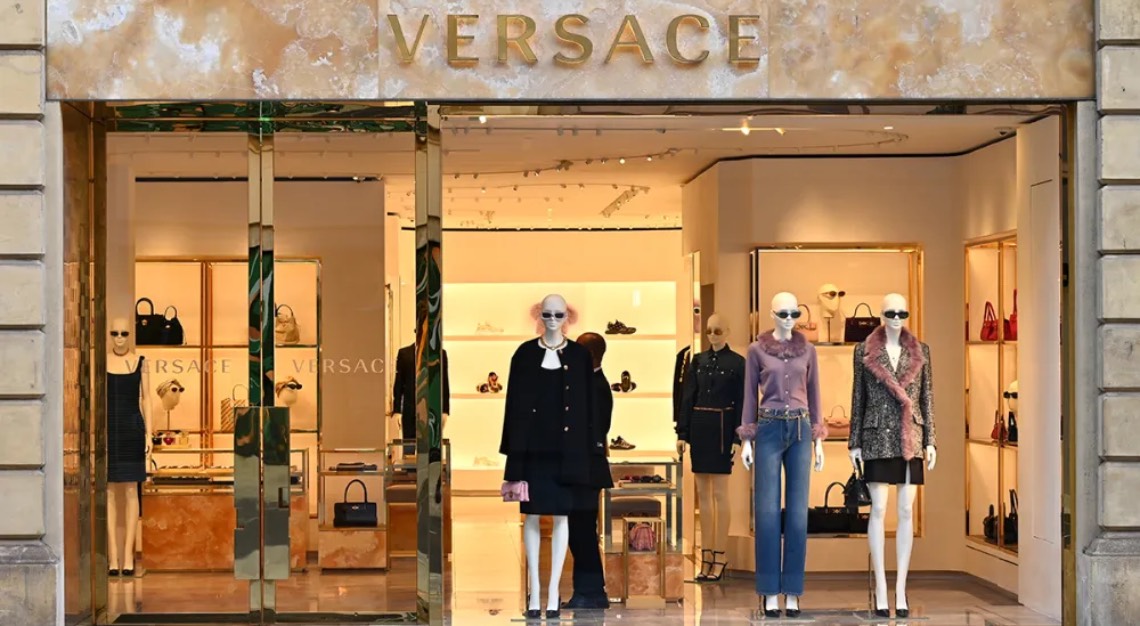According to analysts and retail execs, there’s room for the luxury sector to keep growing in the next year
Despite inflation, a looming recession and foreign exchange headwinds, retail executives were optimistic about the luxury sector during keynote sessions at the National Retail Federation’s Big Show this week.
“The luxury consumers is in great shape,” Macy’s, Inc. chairman and CEO Jeff Gennette said in a Sunday morning keynote session, calling out the success of the company’s higher-end Bloomingdale’s and Bluemercury business. “There’s a couple of cracks in a couple of categories and a couple of brands, but nothing concerning.”
According to analysts and retail executives, there’s room for the luxury sector to keep growing in 2023. But it won’t be easy to surpass the strong high-end numbers from 2022, explained Jane Hali & Associates analyst Jessica Ramírez.
“Luxury footwear has done very well,” she told Footwear News. And executive and creative leadership changes at Gucci and LVMH make for new opportunities in the sector. “There’s a lot of new names out there and a lot of excitement around footwear.”
Luxury brands typically cater to higher-income consumers that are less impacted by rising prices and economic uncertainty. So if the US were to enter a recession, the companies would have a stronger chance of retaining their core demand base.
“It’s not that it’s recession-proof,” Matt Kramer, national sector leader of consumer and retail for KPMG, told FN. “But there’s a certain class of customers that aren’t as impacted.”
This tolerance is especially important now, given that 73 percent of retail executives think the US is already in a recession or will enter one in the next six months, according to KPMG’s 2023 Retail Executive Outlook, which surveyed 100 US retail executives.
LVMH, Inc.’s North American chairman and CEO Anish Melwani noted in a Tuesday keynote session that a recession would impact every sector, including luxury. But, as the executive noted, certain elements have bolstered the high-end sector throughout the pandemic, such as ties to personal identity and the elevated quality of the products, many of which are hand-made.
“Once you experience that, it’s difficult to go back,” Melwani said.
For LVMH, the luxury house that operates Louis Vuitton, Tiffany, Christian Dior and more, demand has persisted through the pandemic and post-pandemic period. More recently, the conglomerate has benefitted from Americans shopping luxury brands abroad, as they looking to benefit from the strong dollar.
At Neiman Marcus Group, which owns Neiman Marcus and Bergdorf Goodman, comparable sales were up 30 percent in the fiscal year that ended in July versus the previous year. And even as luxury brands open their own stores to sell directly to consumers, many are still choosing to sell at Neiman Marcus to reach new shoppers in stores and online.
“Those [brands] thrive in a good economy and they thrive, almost even better, in a volatile economy,” Neiman Marcus Group CEO Geoffroy van Raemdonck said in a Tuesday morning session.
According to van Raemdonck, luxury brands see Neiman Marcus as “a conduit” to access new customers. The retailer has committed to making a US$200 million strategic investment in stores over three years to add space for style advisors as well as food and beverage concepts to make it a top destination for luxury consumers.
At the same time, retailers know consumers are still looking for value, even when it comes to luxury.
By living at the nexus of off-price and luxury, Saks Off 5th has found an in-demand niche between two solid sectors during an economic downturn. The off-price sister of Saks Fifth Avenue offers high end brands such as Versace and Valentino at a discount.
“Value is key for our teams to focus on,” said Saks Off 5th president and CEO Paige Thomas, in a Sunday morning keynote session. “And the opportunity to really showcase our differentiation, which is providing modern luxury at accessible prices to everyone.”
This article was first published on Robb Report USA






